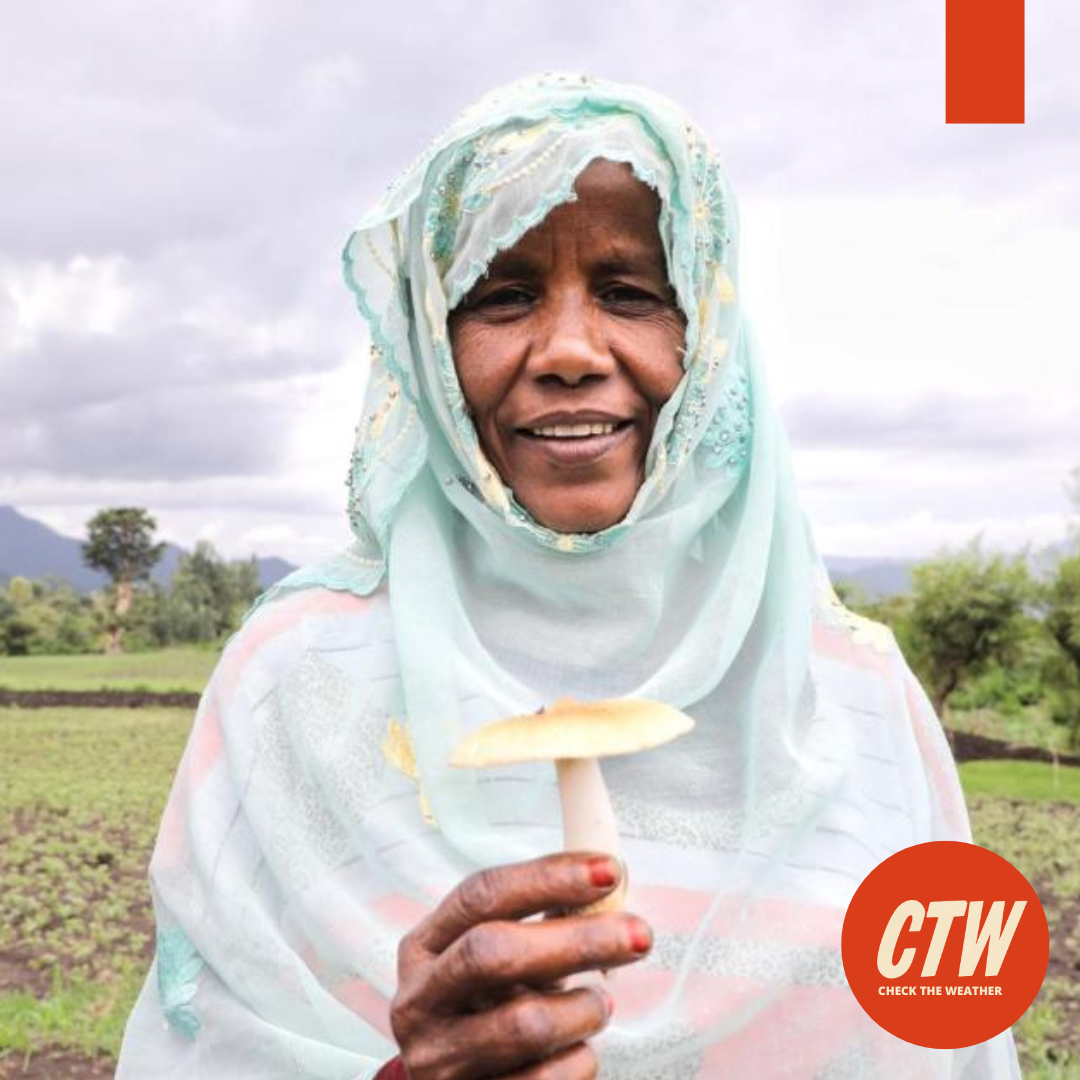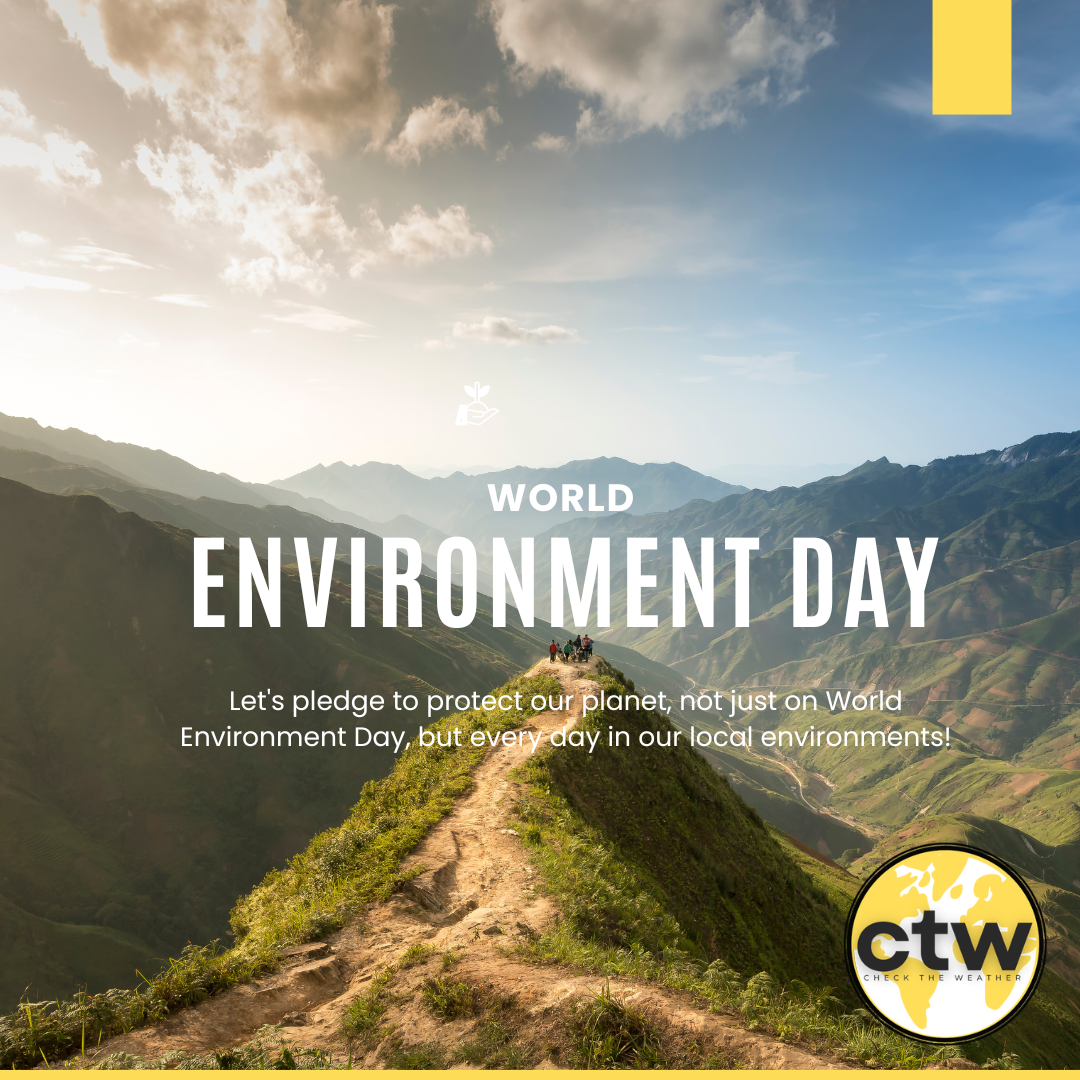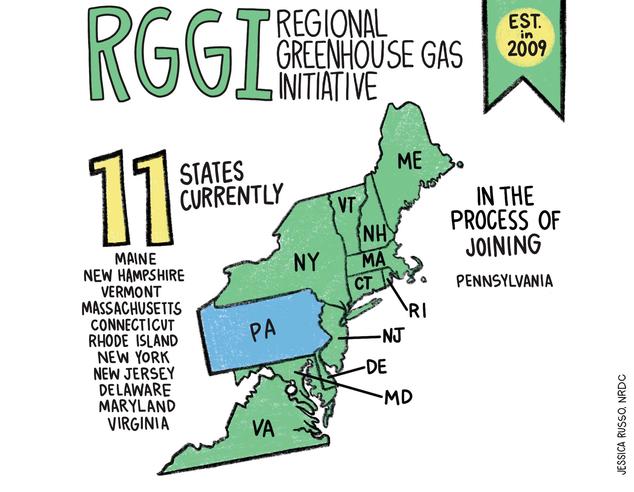
Next month, as delegates, activists, youth leaders, and policymakers arrive in Addis Ababa, Ethiopia will become the heartbeat of Africa’s climate conversation.
From 1 to 6 September, Ethiopia will host African Climate Week (ACW) — a significant regional gathering under the banner of the UN Framework Convention on Climate Change (UNFCCC). More than just a calendar fixture, this year’s Climate Week represents a shift in tone and urgency, set against the broader backdrop of accelerating climate impacts across the continent.
Why Ethiopia? Why now?
Ethiopia, like many African nations, sits at the crossroads of climate vulnerability and climate potential. On one hand, it is grappling with recurring droughts, water scarcity, and food insecurity. On the other, it is ambitiously investing in reforestation, hydropower and green urban planning.
Hosting Climate Week here is both symbolic and strategic. It places the spotlight not only on the challenges but also on the innovations quietly emerging from African soil.
And this year, the stakes are even higher.
Just two days after Climate Week ends, Ethiopia will also convene the Second Africa Climate Summit (ACS2) from 8 to 10 September, a continental gathering of heads of state, African Union leadership and climate stakeholders from across the globe.
These two events ,Climate Week and ACS2 will act in tandem, aiming to elevate Africa’s climate priorities in the run-up to COP30 in Brazil.

From forum to action
African Climate Week isn’t just about speeches and reports. It’s designed to be a working platform: a space for governments, development agencies, the private sector, civil society, and local innovators to align on climate solutions.
Key themes this year include climate finance, energy transitions, nature-based solutions and resilient infrastructure all through the lens of African realities.
Too often, global climate discourse has painted Africa as a passive victim waiting for aid, behind the curve. These events aim to flip that narrative.
Africa is not only rich in resources but also in ideas. From youth-led green tech startups to indigenous land management wisdom, the continent is redefining what a climate solution looks like.
Finance and fairness
A recurring theme expected to dominate both Climate Week and ACS2 is the urgent need for fair and predictable climate finance. The question is no longer whether Africa should leap into a green future, but whether it will be supported in doing so.
International finance institutions and wealthier nations will be closely watched. Will promises of climate aid and green investment be translated into action? Or will this be yet another moment where bold declarations fall flat against slow-moving bureaucracy?
Africa contributes less than 4% of global emissions, yet suffers disproportionately from climate shocks. If the principle of climate justice means anything, this is the moment to prove it.

A green vision with African roots
Perhaps most powerfully, Climate Week in Addis Ababa will offer a chance to reimagine the continent’s future on its own terms. This isn’t about catching up, it’s about leading differently.
Instead of replicating the fossil-heavy industrial paths of others, Africa can leapfrog toward solar-powered villages, regenerative agriculture, low-emission transport, and digitally driven climate adaptation.
But this vision requires partnerships rooted in mutual respect, not dependency.
What comes next?
If African Climate Week and ACS2 succeed in amplifying a unified, solutions-focused African voice, it will send a clear message to the world: Africa is ready not just to adapt, but to lead.
The global community must now show it’s ready to follow with meaningful support.
Because the future of climate action is not only forged in Geneva or New York. In 2025, it begins in Addis Ababa.





